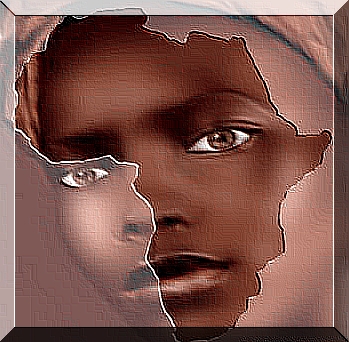Investing in People: Beckoning Talented Minds Home

 |
| People should be at the heart of Africa Photo courtesy |
Such concerns have led the authorities in Cameroon, one of the oil-dependant countries badly hit during the recession, to put universities at the forefront of development policy, by boosting the salaries of University academics in scientific fields. A government fund of almost $4.2 million was created in early 2009 from a windfall that became available after two major debts were written off. Already, there are clear signs that the research environment that benefited from this cash injection has stabilised. The number of lecturers receiving the new allowances paid quarterly is now more than 2,500, up from 1,800 in the previous year.
The cancellation of 150 items of maturing government debt - on October 20 last year - owed to China by 32 African countries, came at a time when some African countries showed signs of resilience, especially among countries with a wider commodity base, thus putting African countries in a favourable position to invest in pro-growth projects and policies. The World Bank recently stated in its Global Economic Prospects report that growth in Africa will probably accelerate from about 0.9% last year to 4.6% next year. If these figures are to be realised, most countries will have to invest more into the education of the people and not just focus on what some analysts refer to as “Bantu education - as the apartheid system called it”, a type of education that provides very few skills beyond basic primary education - not adequate enough for a modern economy to survive.
Internal Growth
Africa, the largest continent after Asia can draw lessons from the latter, were most countries in the region entered the downturn with healthier government finances than developed countries, allowing them to spend more on local investments which helped create jobs and strengthened domestic spending. Asia’s prudence during the past decade has made the region’s fiscal and monetary weapons more effective. Economic growth rate in the region has been 8% over the past two decades - three times the rate in the rich world. Adopting this strategy will strengthen the African economy and help catapult a significant number of people from lower income to middle-income, ensuring that not just a small segment of the population is able to “flex their economic muscle”. Economic growth through local consumer spending, props up the economy and leaves a country less vulnerable to the vagaries of world trade.
As markets in parts of Africa such as Kenya, South Africa,
Managing Human Capital
Devising strategies for managing human resources continues to be a challenge for a number of countries. The numerous hurdles that Africa has to face which include political and social instability, hamper essential investment in human capital and infrastructure that are important for sustained growth. With public services and schools in a poor state, it is difficult for citizens to find a springboard for success. In
Africa has every potential to advance so long as substantial investments are made in nurturing talent and retaining it. Most leading economies are investing in higher education in order to help economic growth and improve social mobility. A well-educated citizenry adds value to the economic and political well being of a country. No one will bet on continued growth in Africa if the trend of underinvestment in human resources continues. The countries that take action to master their human capital challenges will out do those that do not.
By Kabukabu Ikwueme (Mrs)
A British based freelance writer, law graduate and tutor.
